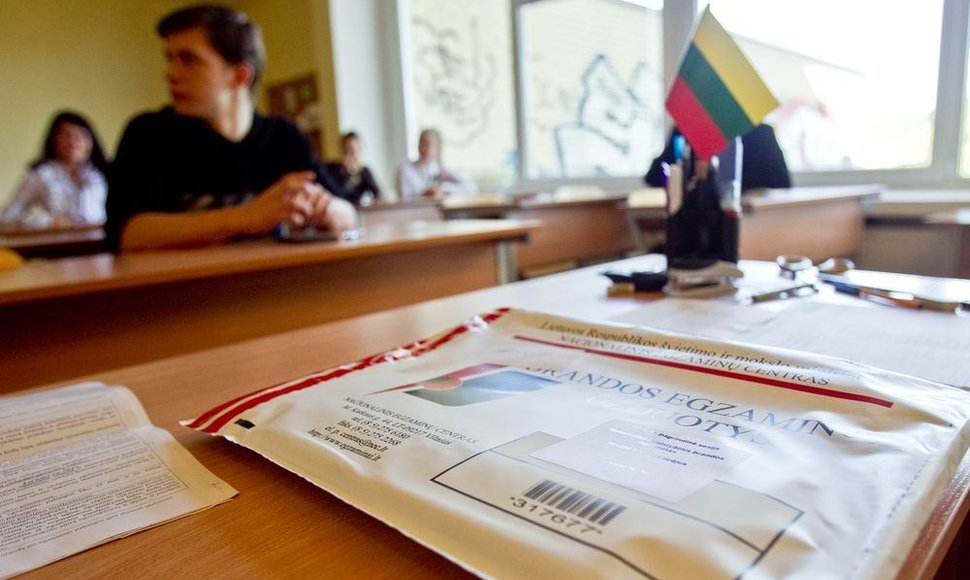"The Ministry of Education and Science had proposed that the facilitation should only be in effect for a year, but the sentence on the time-frame was crossed out, and the facilitation will remain in effect until the number of classes is equal," Tomaševski told BNS on Thursday.
LLRA politicians maintain that current graduates of national minority schools had 732 academic hours fewer of Lithuanian-language classes over their time in school, as compared with graduates of other schools. According to their calculations, to bridge the gap, minority students would have to study seven hours a week for at least 3.5 years.
Tomaševski applauded the decision made by Education and Science Minister Dainius Pavalkis to sign the decree on privileges for national minority graduates, but said he didn't give up hope of going back to the old scheme. Before, graduates of Lithuanian schools and of national minority schools would sit different exams altogether.
"As for the education pseudo-reforms launched by the earlier administration, our party has been categorically against them. I believe we should go back to the old phrasing of the law, as the old version worked quite well, there were no reasons to change it. It is our objective to go back to the old version," said the leader of the Electoral Action of Poles in Lithuania.
He recalled that the LLRA had registered amendments on education of national minorities, which had been approved for discussion at the 2008-2012 parliament.
Pavalkis of the ruling Labor Party signed a decree on Wednesday, allowing privileges for graduates of national minority schools in the Lithuanian-language and literature exam. The minister has assured that the issue would be reopened in a year, and the exam scheme may be made stricter. The minister had said on number of occasions that the privileges would be in effect for a year, but the decree does not specify a time-frame.
Up until now, the National Examination Center organized two different Lithuanian-language graduation examinations with different tasks – Lithuanian as a native language for Lithuanian-language schools and Lithuanian as the official language for national minority schools – but the exams were to be unified starting 2013 in line with the new Education Law.
In response to a request from the LLRA, a partner in the ruling coalition, examination tasks for national minority graduates have been facilitated.
Some politicians and representatives of universities maintain that the privileges provided to national minority schools are substantial.
In spring 2011, the Lithuanian parliament adopted a new wording of the Education Law, which, among other things, stipulated a new scheme of the teaching of the Lithuanian language in schools of national minorities, more classes in the Lithuanian language, and unification of the tasks of the Lithuanian-language graduation exam starting in 2013. The changes drew protests from the Polish minority in Lithuania.
Decree to be taken to court
Meanwhile Lithuania's former minister of education, Gintaras Steponavčius of the Liberal Movement, says the decree on fascilitated exam will be taken to court.
"Seimas opposition – the Liberals, we're also talking to the Conservatives – we'll assist public organizations to take the matter to court," the politician told BNS on Friday.











